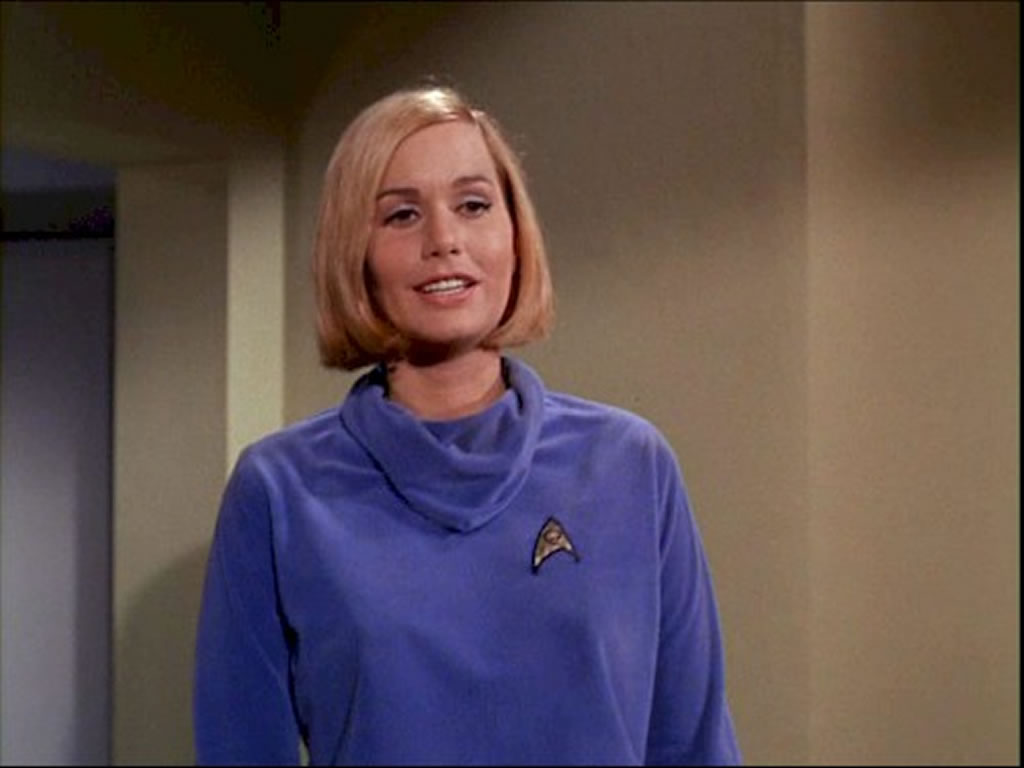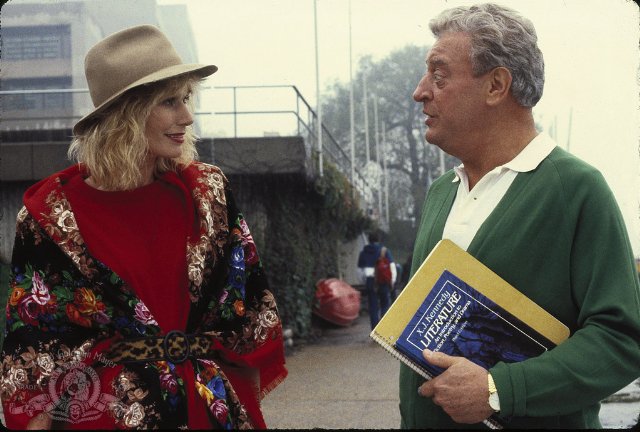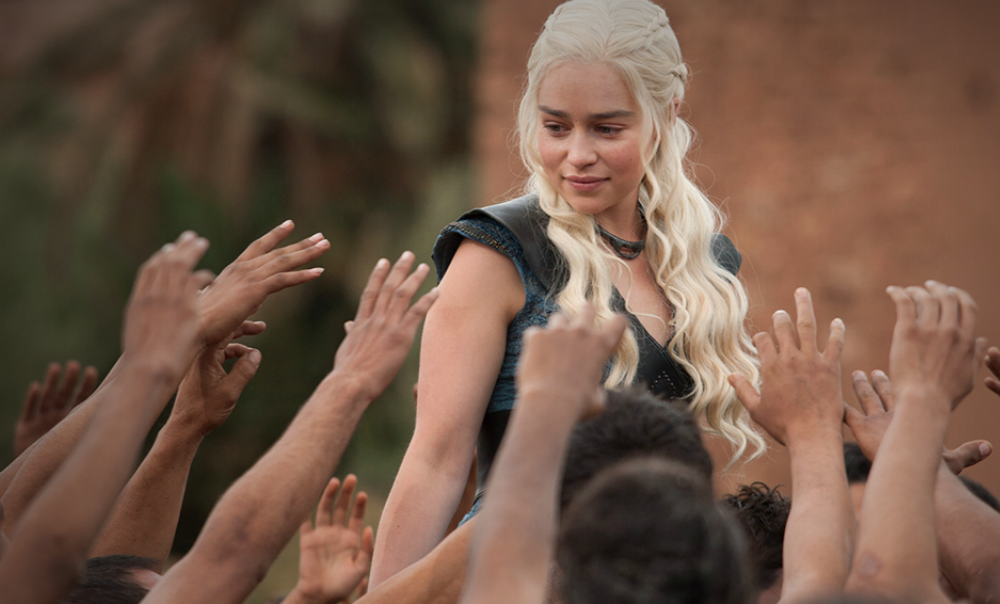The Writers Guild had
their shot at the best TV of all time, and now the
critics pick their favorites for the past season. They did a pretty good job (because I mostly agree with them).
Being a TV critic is a pretty silly position. Unlike theatre or movies, people get TV for free (or at least have already anted up the dough) so they can sample what they like when they like without any gatekeeper telling them to save their money. But as long as we've got critics, they might as well give awards.
They didn't draw much attention to unknown shows this time around. Most of their winners are already hits. Not a bad thing. Some good shows fail, some bad shows succeed, but overall quality tends to get rewarded on TV these days, where niche viewing happens even on the nets.
The Big Bang Theory won best comedy, which is fine with me. It's been consistently good all these years and has never dipped in popularity. The weird thing here is long-time favorite
Modern Family wasn't even nominated.
Louis C. K. won best comic actor. Not sure about this, since he's playing sort of a version of himself. Have Jerry Seinfeld or Larry David ever won such an award? Julia Louis-Dreyfus won for best comic actress. I think she does a good job on
Veep--I would have preferred a surprise pick like Sutton Foster, but I'd rather Louis-Dreyfus take it than Lena Dunham on
Girls.
For best supporting comic actor, Simon Helberg of
Big Bang Theory won, and about time. He's been doing great work for years without getting nominated for an Emmy, while
Modern Family wins each year. (They didn't get any nominations in this category--were the critics trying to make a point?) It would have been nice to see Danny Pudi--or anyone from
Community--win something, but to be fair it was a weak season.
For best supporting comic actress, a tie--Kaley Cuoco and Eden Sher. Isn't Kaley pretty clearly the female lead of
TBBT? But fine, give it to her. (She beat her co-star Melissa Rauch, and Mayim Bialik wasn't even nominated.) As for Eden Sher, she's been the best thing about
The Middle, so I'm glad she's getting some recognition.
Patton Oswalt won for best guest performer in a comedy for his turn on
Parks And Recreation. He did a good job, but I can't help but think he won it for his famous
Star Wars fillibuster that was put up on YouTube but not used on the show. I would have preferred David Lynch for his bizarre TV coach on
Louie, but you can't have everything.
For best drama, another tie--
Game Of Thrones and
Breaking Bad. Great picks both. I can't think of any shows that are better. Not unlike the
Modern Family blackout, there's no nomination here for
Mad Men.
For best dramatic actor, Bryan Cranston. Once again, well done. He's operating on another level. He certainly deserves it more than the overpraised Damian Lewis. For best dramatic actress, Tatiana Maslany for
Orphan Black, a show I've never seen. (See, that's why critics give awards--to make you aware of stuff you should check out.) In fact, I haven't seen half the women in this category. I do like Claire Danes in
Homeland, but I guess she's won enough awards elsewhere that she can handle it.
Best supporting dramatic actor is a tough one, with so many good choices to be found on
Game Of Thrones and
Breaking Bad alone. Two of those actors were nominated--Jonathan Banks and Nikolaj Coster-Waldau--but the winner was Michael Cudlist from
Southland, another show I don't watch. For supporting dramatic actress we get names like Emilia Clarke, Anna Gunn and Abigail Spencer, but Monica Potter won for
Parenthood.
For guest performer in a dramatic series, somehow Jane Fonda won for
The Newsroom. Her character is ridiculously conceived, but then, almost everything about the show is absurd, so how they decided to give her--or anyone related to that show--a nod I can't understand.
Best movie or miniseries went to
Behind The Candelabra, which had a fancy pedigree, but
wasn't that great--though I was aware the critics loved it, so I'm not surprised. Best actor in this category is Michael Douglas as Liberace, another non-surprise. Best actress is Elisabeth Moss, fresh off her loss in
Mad Men, for
Top Of The Lake. She beat out a lot of big names--Angela Bassett, Rebecca Hall, Jessica Lange and Sigourney Weaver. For supporting actor and actress, Zachary Quinto and Sarah Paulson in
American Horror Story: Asylum, which I didn't watch.
The Daily Show With Jon Stewart took best talk show. (Letterman and Leno weren't even nominated). Enough, people. It's already won ten Emmys in a row for best variety series. Even if the show were as good as you think, it doesn't deserve all this.
Best animated series was
Archer. I've been meaning to check it out.
The Simpsons was nominated--what is this, 1994? No
Family Guy though, and no
Robot Chicken.



































